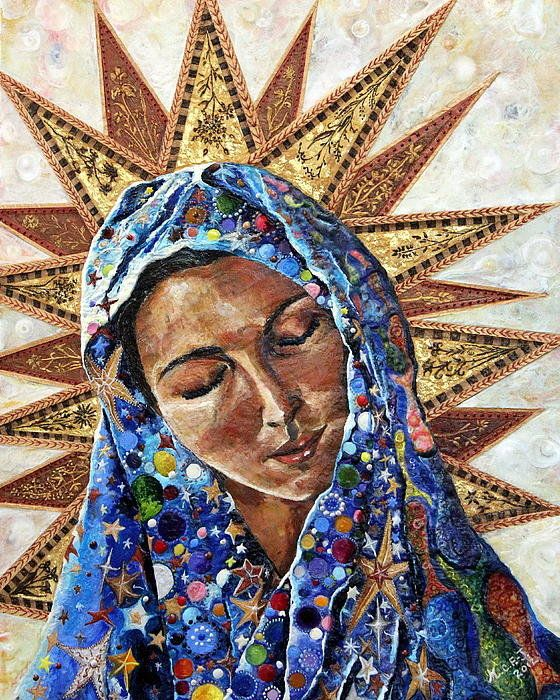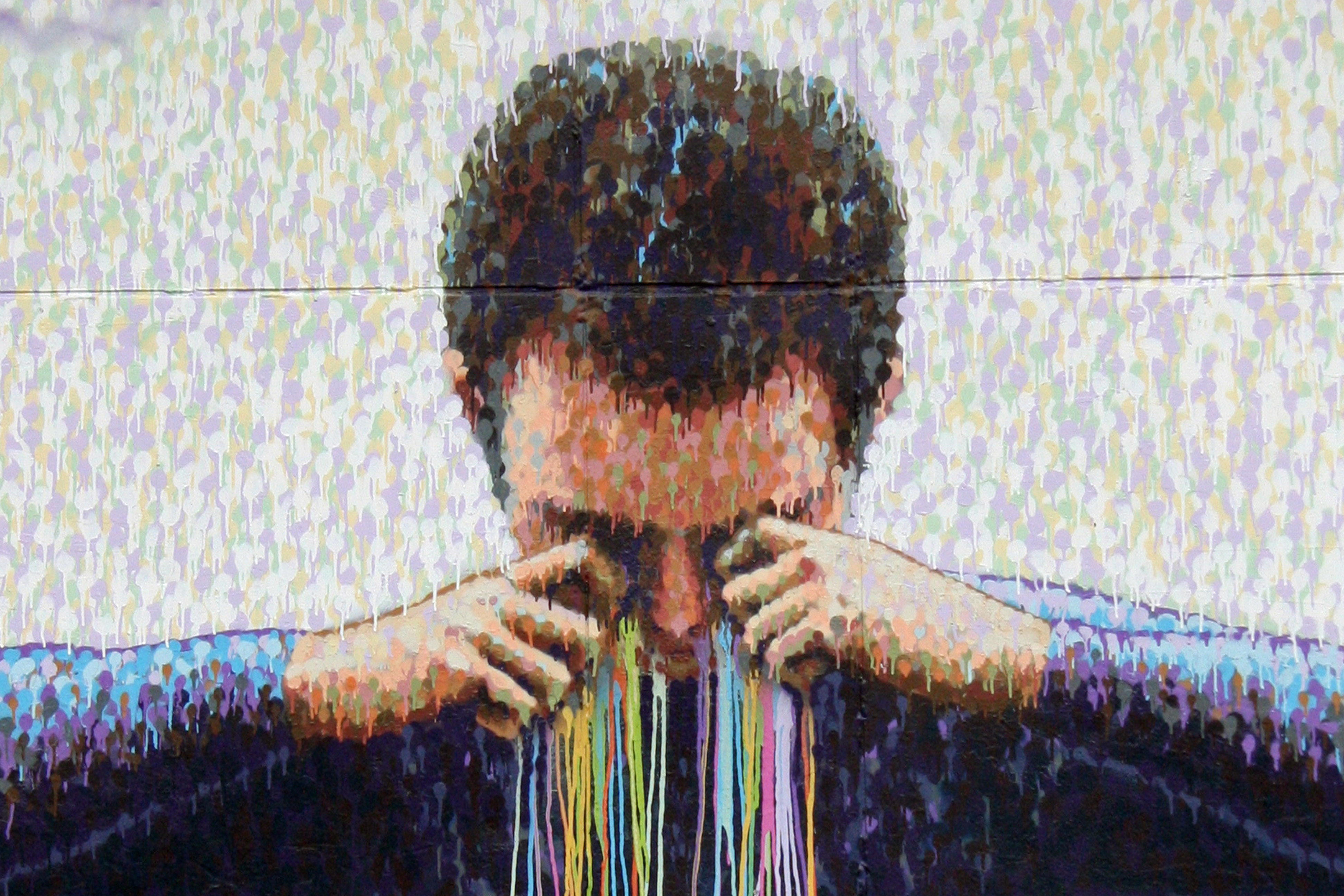17 March 2024, Lent 5: Jeremiah 31:31-34, Hebrews 5:5-10 and John 12:20-33
Oh, it’s such a perfect day, I’m glad I spent it with you.
Somewhere in downtown Tokyo, underneath the lights of the revolving Sky Tree building, Hirayama wakes up, folds the bedding away, washes, trims his moustache, mists his tree seedlings and yawns as he looks to the sky embracing a new day.
It’s a routine which runs through Wim Wenders’ film “Perfect Days” - with minor variation in response to the people whose lives intersect with his quiet existence. Hirayama cleans toilets - with care and diligence - eats lunch in the same garden, takes a photograph - on film - of light through the canopy of trees - continues cleaning.
He goes to the same bathhouse, laundrette and cafe-bar; he listens to cassette tapes in his van, reads the books he’s bought from the bargain shelf, takes off his glasses and sleeps. He observes the mini-dramas of others - his niece, a divorcee and colleague - quietly offering what they don’t know they need; his work renders him all but invisible, and steps aside to avoid inconveniencing those needed to use the facilities.
Oh, it’s such a perfect day, I’m glad I spent it with you.
Oh such a perfect day you just keep me hanging on.
He lives alone, without being lonely. He says little, but hears much. For him now is now, not yet is not yet. His is an analogue world not a digital one: he lives lightly and simply, with a depth of attentiveness attuned to shifting moods: the shimmering light and shadows as leaves sway in the breeze, but also as the light and shadow of life, relationships, work and routines move around us.
As these perfect days unfold, we see the world through Hirayama’s eyes; we glimpse something of his inner life. Despite hints of past sorrows - and occasional awkwardness, he has a sense of peace, his desires ordered to simplicity but above all contentment and a quiet joy.
Such a perfect day.
Hirayama is inviting us to look at the world not just with our eyes but with our hearts open to its beauty. It is a way of seeing which sees the significance of the insignificant; which waits patiently for others to share the fears and sometimes takes almost foolish risks of generosity.
Looking at the world with our hearts, and seemingly foolish risks of generosity, run through our readings today.
In Jeremiah, we hear of a broken covenant, of God’s people being likened to an unfaithful spouse. But that is not the end of the story. God’s response to wayward human hearts and fractured relationships is to reach out again and again in love.
There is forgiveness in the face of failure; a setting aside of the sin that separates and wounds. The covenant is renewed - renewed by the law being written on human hearts: love God with all that you are, love your neighbour as yourself.
Oh such a perfect day you just keep me hanging on.
You made me forget myself, I thought I was someone good.
Today's gospel begins with curiosity, seeking the good - with desire to see Jesus. We don’t know any more than that.
Are the Greeks seeking after the one who turned water into wine at Cana, bringing joy and abundance when human resources ran out? Are they seeking the one who fed thousands on a hill side and went on to describe himself as the bread of life, the true food?
Had they heard of the stories he’d told which spoke of a radical kingdom of justice and peace - or of the conversations with individuals seeking to live out of an economy of love? Had rumours reached them that Jesus had called Lazarus out of the grave restoring him to life?
Perhaps this simple request went deeper than the desire to hang out with a celebrity - the equivalents of autographs and selfies. Perhaps they did want to encounter the one who keeps us hanging on; who helps us forget ourselves, drawing us back to what is good and loving.
Jesus’ response in that moment is to meditate on his death - to speak in that moment of the hour that had come. Now was now.
He names the fear and describes his life as seed falling to the ground - dying to bring life and fruit. He challenges his hearers to sit so lightly to this life - even to hate it - so that they might know eternal life.
In “Perfect Days”, we watch as Hirayama notices a tiny sapling. The tree's seed has fallen to the ground and brought new life - but will struggle without light and nutrients. He takes it carefully from the soil, re-pots it at home and will nurture it until it can be given a place to flourish into maturity.
Perhaps his way of living - in relation to his work, to creation, to others - is the kind of life giving subversion of life that Jesus is talking about. Hating the pace of a digital world; hating the rush to consume and exploit. Instead life is lived by noticing and responding: noticing where life can be nurtured, in the face of desires and worries; in the face of what we don’t know and even death itself.
On these perfect days… Lou Reed's refrain sounds more hopeful: you’re gonna reap just what you sow. Life, joy, compassion; the world seen through a heart inscribed with the covenant of love.
Jesus speaks of his own death as a point of gathering all people together - people of all nations and languages. We are gathered not out of our choice but because of our need for love and healing; we are gathered because of God’s will and choice and being is to love us first.
Jesus will be lifted up on a wooden cross that will become for us the tree of life: in the coming weeks, we will keep our own vigil around the cross - walking in its path - gathering around the agony and glory, the depth of God’s love for us, the ultimate communion. It is a song of love unknown - love to the loveless shown; our dear friend, who in our need, his life doth spend.
All that wounds us - all the world’s pain, hatred and indifference - is drawn into Jesus’ body: a sacrifice of love which dies like a seed, in order to bring life and replenish the earth. Here the fullness of God comes near to us, is made visible to us, in all that is overwhelming, frightening and alienating. As Hebrews expresses it, his prayers, cries are tears unite with ours; his suffering brings life and healing, calling us into obedience. Here God sees us - comes to us in our longing and loves us.
Here, God reaps what God sows: drawing us to love and life with a compelling and mysterious power. It is strange. It is holy. Here we are drawn together in communion - bread of our basic needs, wine of the most joyous feast. Here our many bodies are united in one body - with the one who keeps us hanging on.
As we shape perfect days - days of living lightly and intensely, of paying deep attention to the world and each other, may we remember it is for love. May we see with our hearts. May we love quietly, using words when we have to. May we plant seeds of hope, knowing what might have to die - in us and around us - for life to come.
Or, in the words of Laura Jean Turman, a queer writer and preacher from Atlanta:
Keep my anger
from becoming meanness.
Keep my sorrow
from collapsing into self-pity.
Keep my heart
soft enough to keep breaking.
Keep my anger
turned towards justice,
not cruelty.
Remind me that all of this,
every bit of it,
is for love.
Keep me fiercely kind.









.jpg)











